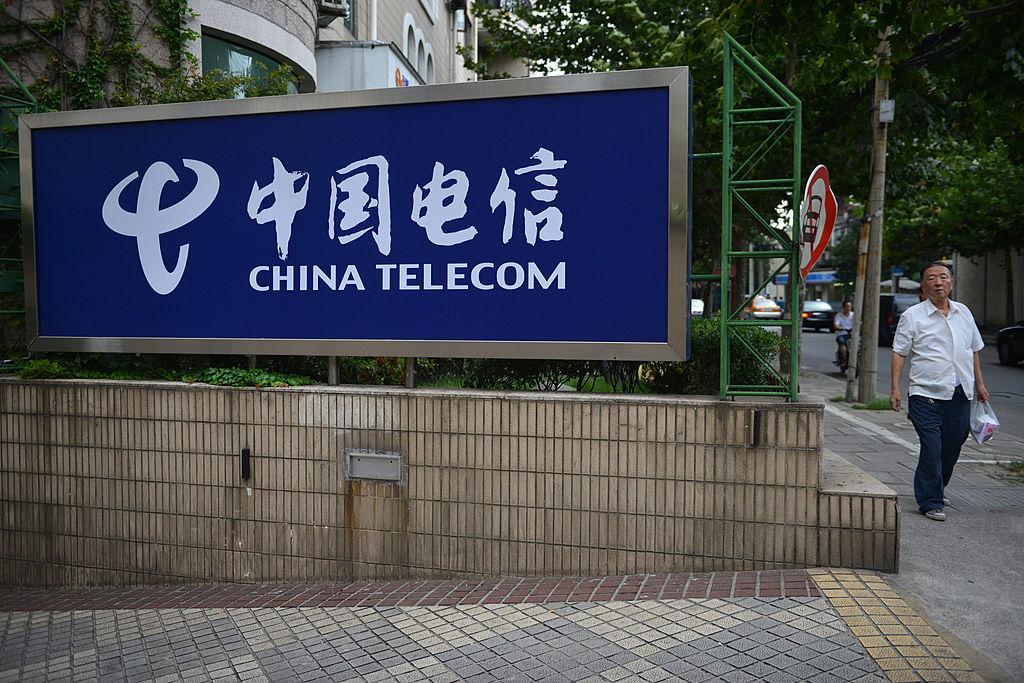News Analysis
The Chinese regime may have a new method up its sleeve to steal data. Rather than hacking networks and installing malware, it can merely divert global internet traffic through its own networks—allowing it to see, store, and steal whatever it likes.





